SUMMARY
This is AI generated summarization, which may have errors. For context, always refer to the full article.
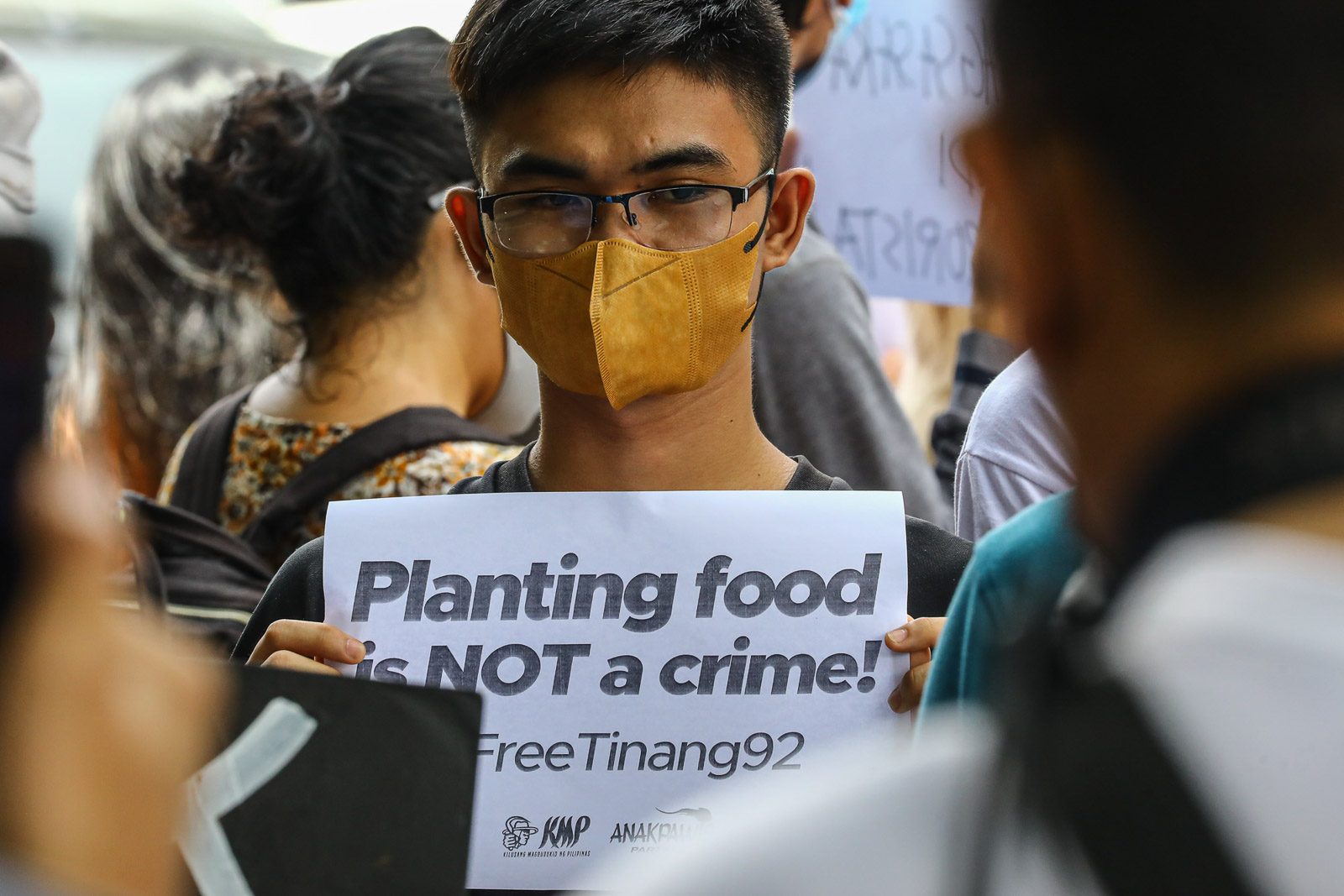

MANILA, Philippines – Tarlac police have filed more complaints against the farmers of Hacienda Tinang in Concepcion town and their supporters, this time for disobedience and resistance to authority, obstruction of justice, and usurpation of real rights.
Lawyers for the so-called Tinang 83 – composed of farmers, artists, journalists and activists – received on Friday, June 17, a summon to appear in a preliminary investigation hearing on June 29, signaling that the police have filed more complaints.
The lawyers and the Tinang farmers were attending their hearing at the Concepcion Municipal Trial Court on Friday for the pending charges of malicious mischief and illegal assembly when they were served the summon.
Police arrested them on June 9 without a warrant, but the inquest pushed forward the charges to the court where they had to post bail after three days in detention. Different communities crowdsourced funds to shoulder their bail, including the National Union of Journalists of the Philippines (NUJP) for the reporters who covered the activity but were also arrested.
That police filed more complaints “says a lot,” said their lawyer Jobert Pahilga.
“It means they want to pin down farmers and supporters for a baseless offense. In the first place, there was no crime committed, they are the owners of the land and they were just cultivating it,” Pahilga said over Rappler’s Law of Duterte Land Podcast.

Bungkalan and past massacres
The Tinang farmers and their supporters were conducting “bungkalan” or a cultivation activity on June 9. They were tilling the land to prepare it for farming. Pahilga claims it was a peaceful activity and participants stopped when they were told to stop. The tension rose when police started arresting people, said Pahilga.
The controversy involves a 200-hectare land in Hacienda Tinang that was awarded to farmers in 1995 under the government’s agrarian reform program.
Pahilga told Rappler that even though certificates of land ownership had been issued in 1995, farmers only found out in 2016, prompting them to go to the Department of Agrarian Reform (DAR) to ask for an order to turn over the land to them. They got the order in 2018. The cooperative in control of the land filed a petition, which is pending.
Bungkalans have been done for years. It is, in some ways, the last extralegal resort to assert ownership.
“That is an assertion of the right of the farmers to the land, they are the owners, but they are deprived the use and the fruits of the land, so this activity in a sense is telling the departments of the government to do their jobs properly, efficiently and speedily,” said Pahilga.
Some bungkalan had turned bloody.
Hacienda Luisita was cultivated after the controversial massacre in 2004 where seven farmers were killed and 121 people were injured. The 2018 massacre in Sagay City, Negros Occidental, where nine farmes were killed, was also prompted by a cultivation activity.
Difficulty in asserting ownership is the reason for the decades-long struggle for genuine agrarian reform, with peasant groups calling for years to strengthen the agrarian reform law.
“The farmers have no means of income. Kapag hindi inassert ng farmers ang karapatan sa lupa (if they do not assert their right to land), those who have control of the land would never give up control,” said Pahilga. – Rappler.com
Add a comment
How does this make you feel?

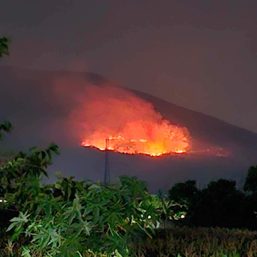
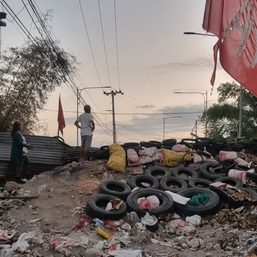

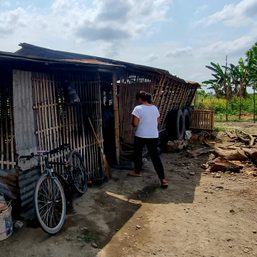
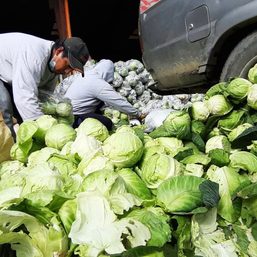
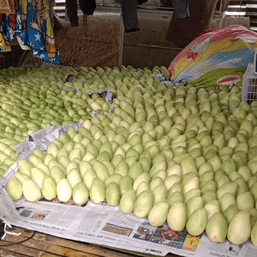
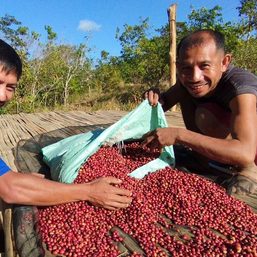
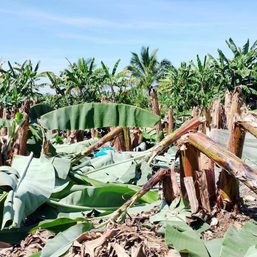
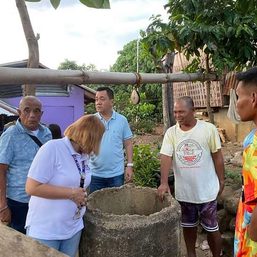

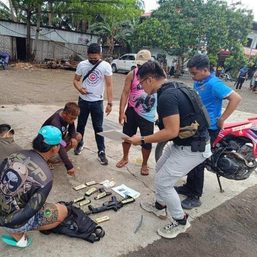

![[Rappler Investigates] The guns of Apollo Quiboloy](https://www.rappler.com/tachyon/2024/04/quibs-guns-carousel.jpg?resize=257%2C257&crop=412px%2C0px%2C1280px%2C1280px)


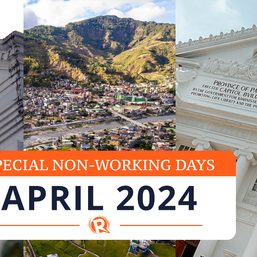
There are no comments yet. Add your comment to start the conversation.